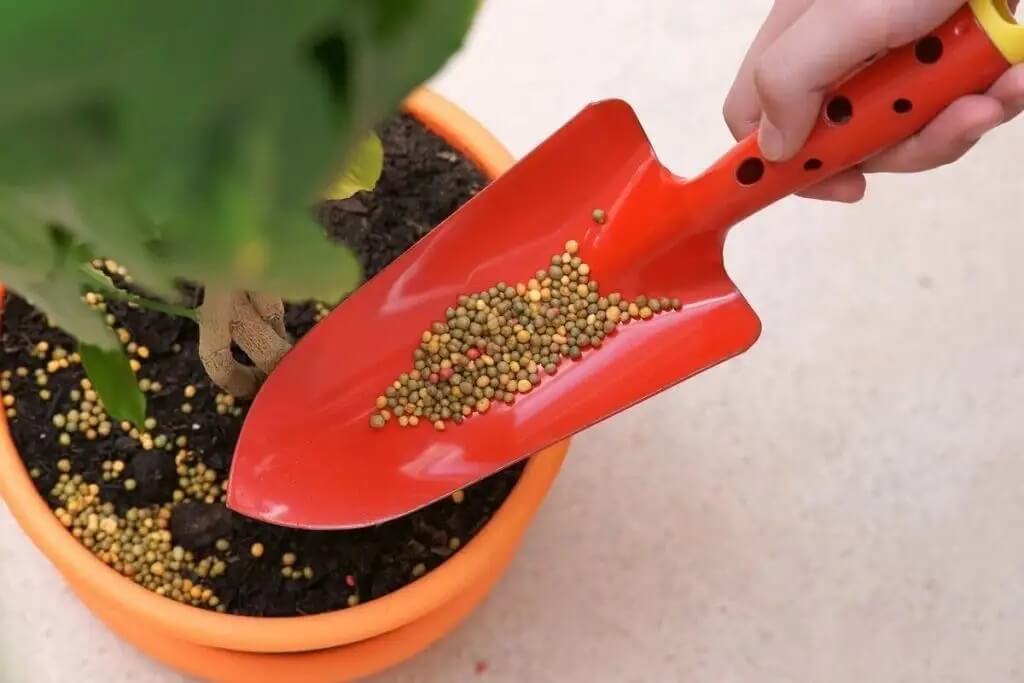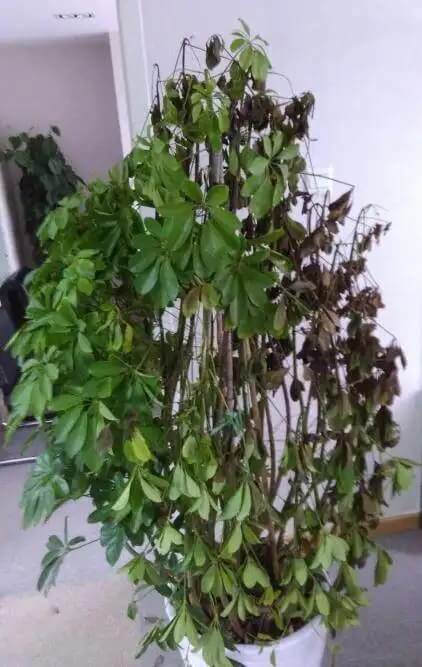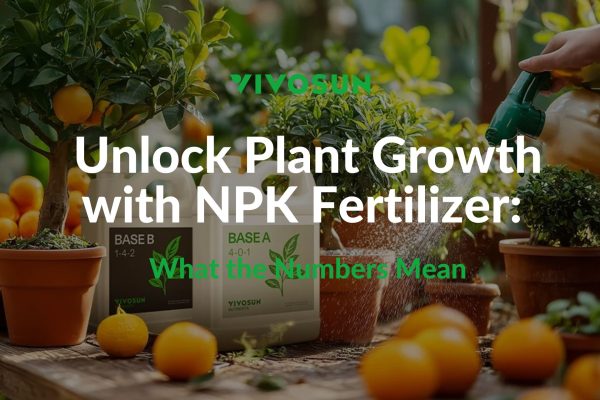The more nutrients, the better? Of course not! Nutrient burn! We really tried to stress the proper amount of nutrients in the article How often to fertilize in the Flowering Stage because we are aware that feeding your plants too often or too much will damage them and we wanted to make sure you had the right mindset about it.
Let’s be honest, we all get excited when we see signs of growth (taproot, leaves, buds) so it is normal to want to add more nutrients to help them grow and develop bigger buds. However, too many nutrients will cause nutrient burn and if you don’t take this seriously your plants could die.

What is the nutrient burn?
Nutrient burn is usually caused by overfeeding or giving the wrong NPK (Nitrogen (N), Potassium (P), Phosphorous (K)) formula. Different from animals, plants can’t store excess nutrients therefore, once the amount of nutrients available exceeds the amount they can use, the overabundance accumulates in the plants, making the tips of leaves turn yellow or brown as the plant struggles to cope by pushing nutrients into every part of the plant. The tips of leaves are the furthest part where they can transfer nutrients.
When there is an overabundance of nutrients the leaves begin to turn brown and these brown “burnt” areas can’t absorb light and can’t contribute to photosynthesis (due to the lack of chlorophyll). This is why the damage caused by nutrient burn is irreversible. Excess K manifests the brown spots near the edges of the leaf, while excess N will cause the leaves to wither.
Interestingly, the symptoms of overfeeding are similar to overwatering, but we can still tell the difference. Nutrient burn is shown as the wilting on the tip of the leaf while overwatering is shown as wilting on the leaf periphery or the surface.

The symptoms of nutrient burn
Cannabis will tell you when they are suffering from a nutrient burn. The symptoms are shown as follows:
- Leaves: deep green
- Tips of leaves: yellow; brown; burnt; curled
Nutrient burn starts at the tips of leaves since the plants can’t transfer the nutrients farther than the tips. If you’re in Flowering and working towards the development of flower buds, these slight nutrient burns can be ignored because the Flowering stage requires a different nutrient mixture, so you don’t need to be too nervous if you see these symptoms.
However, once the burnt areas begin to spread from the tips inwards, you’ll need to take action immediately, otherwise, the leaves will begin to curl and turn brown and look burnt. If you don’t change your composition, the leaves will die and fall.

When the plants are mature (flowering stage), they are very fragile since they put all their energies into growing buds. Don’t delude yourself into thinking that the plants will be able to recover by themselves. They won’t, and the buds will also be destroyed. Once the buds turn brown your harvest is over.
How do I fix nutrient burn?
Nutrient burn is irreversible, but this doesn’t mean can’t do anything to help our plants.
| Description | |
| Step 1 | Trim and discard the damaged leaves—these leaves will rot eventually, which can cause a lot of problems such as fungi and pests. |
| Step 2 | Flush out the soil—use clean, pH-balanced water to flush out your soil. If your plant has too many nutrients, your soil probably does too and if you don’t eliminate them, the plants will continue to absorb them from the soil. Measure the PPM in the run-off to check if you have washed out the excess nutrients. Rinse your soil until the PPM is low. |
| Step 3 | Adjust the nutrient solution—use 3/4 dosage that the nutrient package recommended to avoid overfeeding again. Keep observing the plants and increase the dosage little by little. Keep it safe! |
If you are growing plants in a hydroponic system, the process is a little different—you can purchase a TDS meter to help regulate/measure nutrients in your water, but the principle remains the same.
How to prevent nutrient burn?
Adjust NPK formula at the right time and do it carefully—nutrient requirements differ during the different stages. Plants prefer more N in the vegetation stage and more P during the flowering stage. Adjust the NPK formula based on their demands at their given stage of life. If the percentage of N is high in the flowering stage, the leaves will be burnt.
Start with 3/4 dosage recommended on the package—there are some nutrients especially designed for cannabis, however, manufacturers are not always correct in their recommendations. The dosage recommended on the package is usually the maximum amount that plants can absorb so we can start with 3/4, leave room for error, and increase the dosage gradually.
Keep notes—prepare a notebook to record all the important data of your plants such as the amount of fertilization and watering schedule so you will have a better understanding of what your plants need for growth. Once you see the signs of nutrient burn, you can check your notes and reduce fertilizer according to the previous measurements.
The consequence caused by nutrient burn can be fatal. Luckily, the method to fix burns is not that difficult. This is a common issue among growers, so there is nothing to worry about. Remember, growing isn’t always plain sailing, so keep your head up and fix it as it happens—you’ll get your results in time. If you are going through the nutrient burn and haven’t been able to fix it, feel free to message us.
How to flush plants without overwatering?
| Description | |
| Water only when the soil is dry |
|
| Use the correct amount of water |
|
| Flush in stages |
|
| Double pot method |
|
| Check soil drainage |
|
| Use proper flushing agents |
|
| Monitor runoff |
|
| Adjust flush duration |
|
If you have any questions, please don’t hesitate to reach out to us!
And be sure to check out our other blog posts for useful tips on becoming a great grower!
Subscribe to the VIVOSUN newsletter for growing tips, grower stories, and special offers, and get 12% off your first order!
We love the new VIVOSUN Smart Grow System and we are certain that you too will love it once you try it.
And join our Facebook farmer’s community for even more exclusive contests and prizes!
Download VIVOSUN App to get 18% off and explore more information!







